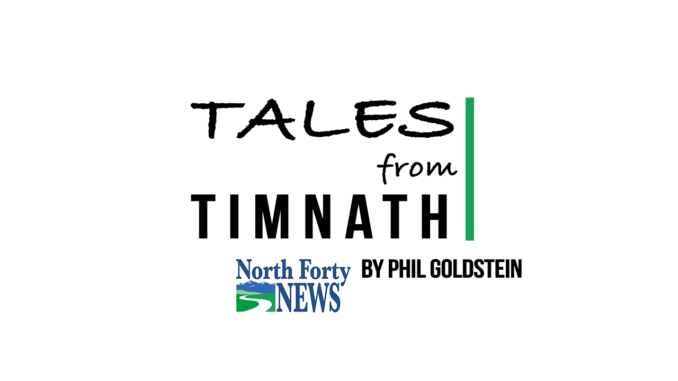
Phil Goldstein
There’s no shortage of dictionaries in print or online. And I’m sure in at least one of them, the definition of “homeowners association board member” reads like this: “Thankless, dirty job, but someone has to do it.”
Here in Timnath, all developments but the original Old Town area belong to a homeowners association (HOA), as do most of the newer developments elsewhere in Northern Colorado. Unfortunately, most HOA members never question why their assessments increase and/or services decrease. But it usually requires getting more actively involved to fully understand your HOA policies and practices, let alone improve them.
Most homeowners will avoid HOA board service at all costs, but board participation can provide a rewarding experience. I should know because I’ve served as president of my association here in Timnath for 10 years and as an officer in other associations in Fort Collins and elsewhere for over 25 years.
Making the HOA experience rewarding means approaching it in an atypical way from most association governance. While living under HOA governance doesn’t come without legally enforceable responsibilities, anyone who’s experienced its mandates might perceive HOA board members as officious, autocratic despots. However, if you accept the role with an eye toward responsive member service and resourceful financial management, then a perceived dirty job might provide a gratifying experience for you and your constituents.
My board and I consider the following considerations paramount in having uncommonly positive HOA governance:
- Most HOAs rely on a management company for customer service, meaning if a member has a problem with something, they must first contact the management company then wait for a response. We employ a management company only for collecting assessments, paying expenses, and handling bookkeeping. We have members call board members directly, then we address the problem ourselves, often within a day.
- Most HOAs have some say in the appearance and maintenance standards of members’ properties. However, the cumbersome and sometimes arbitrary process for getting approval of architectural or landscape modifications gives HOAs a bad reputation. We can often facilitate the process with a phone call. We assure our members that proactive cooperation is preferable to reactive sanctions.
- We don’t assume there’s not the silent majority. While our bylaws authorize unilateral decision-making by the board, we poll our entire membership on many issues when we want a clear consensus.
- We don’t pit neighbor against neighbor regarding complaints. All matters get treated with discretion, and we’ve never sent a nasty letter when addressing problems. A phone call is more civil, and the receiving party usually reciprocates in kind.
- Of the other 200-plus associations our management company serves, we’re told that none have ever lowered their assessments. We’ve lowered our assessments 4 times in 8 years through active, resourceful, and strategic involvement by our board. While most HOAs raise assessments regularly, we first seek efficiencies that don’t compromise services.
- And while we’ve occasionally taken legal action when collaborative efforts protecting our rights and resources failed, that’s always the last resort.
I believe you should expect this level of service from your HOA, and assessments shouldn’t increase just because it’s additional work for the board to avoid that recourse.
While I advise carefully considering the pros and cons of personal involvement with your HOA management, remember that serving in that capacity is a valuable contribution to your neighborhood if you approach it atypically, your family benefits as well from improved services and affordable assessments.
Write to me, and I’ll gladly share more tips on how your HOA can operate more efficiently and responsibly.
Phil Goldstein writes Tales from Timnath periodically for North Forty News. Phil is a 10-year Timnath resident who serves the Town of Timnath as chair of the Timnath Planning Commission. Phil is finally using his journalism degree after getting sidetracked 47 years ago. The views expressed herein are Phil’s only. Contact him with comments on the column or suggestions for future columns at [email protected].
Support Northern Colorado Journalism
Show your support for North Forty News by helping us produce more content. It's a kind and simple gesture that will help us continue to bring more content to you.
BONUS - Donors get a link in their receipt to sign up for our once-per-week instant text messaging alert. Get your e-copy of North Forty News the moment it is released!
Click to Donate
